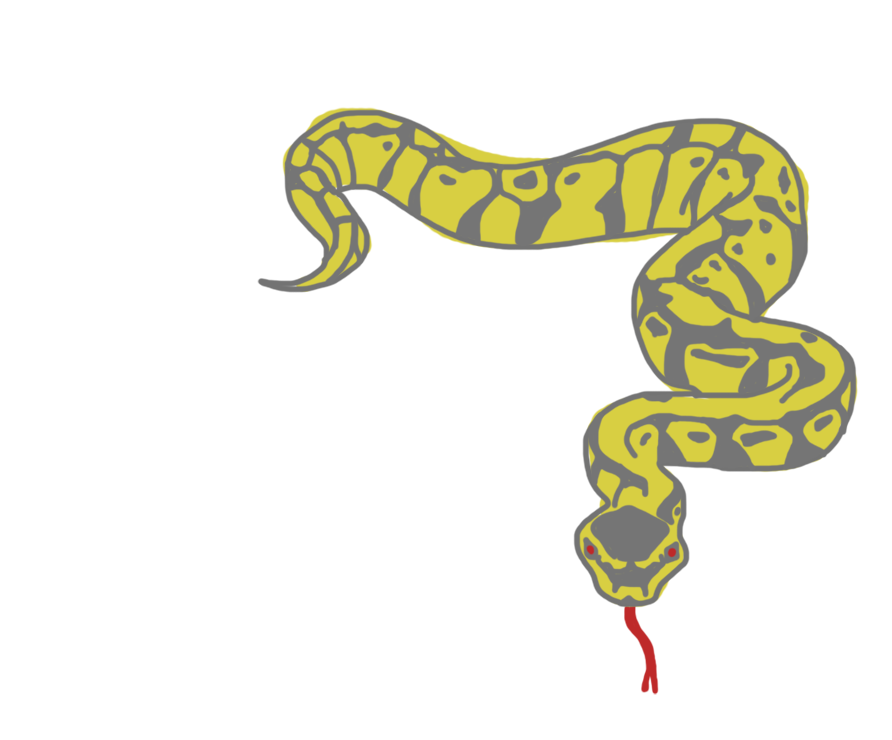Tackling the issue of Montrealers owning exotic pets
Forget about the police—Verdun needs to call Parseltongue experts from Slytherin, or we will never find the snake that’s on the loose. On Aug. 30, a pet python went missing in the borough of Verdun, and it has yet to be found. Residents in the area are in a state of alarm, afraid of what the snake is capable of doing.
Thankfully, Miss Lady—the python—is not venomous. Pythons are known to only prey on small rodents, and typically are less active during the day, according to National Geographic. They usually wait until nighttime before actively searching for prey, according to the same source. Such party animals.
Unfortunately, many are debating regulations concerning ownership of these exotic snakes. According to the Pet Industry Joint Advisory Council of Canada (PIJAC), snakes can legally be considered pets as long as they do not exceed three meters in length and are not venomous.
However, one must question if exotic animals, particularly snakes, should ever be considered as pets. Technically speaking, the Verdun owner was not keeping any illegal species. They were in fact following regulations.
Miss Lady, measuring in at around one meter, falls within the accepted length according to PIJAC Canada’s Exotic Species Policy.
Owning exotic pets shouldn’t be frowned upon, especially if there are responsible owners out there willing to take the proper steps to ensure public safety. A very similar conversation is happening in our own city, with the possibility of banning pit bulls.
After a woman was tragically mauled by a pit bull, Mayor Denis Coderre said this September he’d try to instate a pit bull ban across the city’s 19 boroughs, according to the CBC. Many have protested the idea, noting that not all pit bulls are dangerous, and prohibiting ownership of one type of dog will only create problems for future dog owners. It will hinder proper education on how new owners they should train and treat their pets.
Banning one type of animal or species provokes a conversation about education and diversity. In looking at it this issue through an educative lens, people must understand that any pet owner, whether they have a cat, dog, bird, fox, or in this instance, a snake, should be properly educated and prepared before purchasing any animal. Not having substantial knowledge on how to care for a pet poses a risk to both the owner and the animal, and, in Miss Lady’s situation, for the locals.
Nevertheless, accidents do happen—even to the most educated and loving pet owners. A dog may get scared and run away, a child may pull on a cat’s ear and receive a lash, or a snake may break loose because its cage has worn out.
Despite the hundreds of avoidable mistakes, people have to understand that life happens—and mistakes will occur.
This shouldn’t be a reason to enforce new regulations that place constraints on living harmoniously with the animal kingdom. Enforcing proper training and education on the owners of such exotic species should be imposed on those purchasing the animal.




